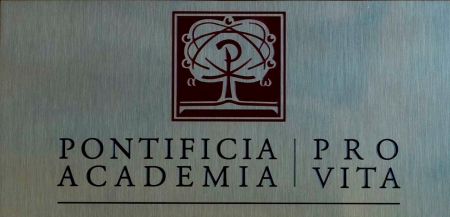AI Kitchens & Robot Cooks: Ethical and Social Impacts

The workshop explores the rise of artificial-intelligence (AI) kitchens and robot cooks. As the first extensive conversation on the subject, the project maps out and develops a full range of ethical and societal issues in this emerging space, looking at both benefits and risks. Because food is so fundamental, automating kitchens can have far-reaching impacts beyond the usual kinds in technology ethics. Kitchens are often the heart of our homes, where traditions and science education are passed along to children. Restaurants and their kitchens are also the heart of our communities and culture. Automating that creative labor may impact values that society cares about, such as those related to child development, family and communal relationships, gender roles, cultural and religious traditions, authenticity, nutrition and wellbeing, food safety and waste, economic vitality, agriculture, and more. At the same time, cooking can be labor-intensive and hard on both physical and mental health, such as in busy restaurants. Freeing creators from that taxing, mundane work can allow them to focus on more creative and experimental elements. Indeed, AI is already helping to develop innovative recipes—pairing tastes at the molecular level, as well as making maximal use of ingredients on hand to reduce food waste.



